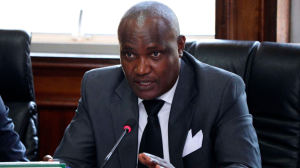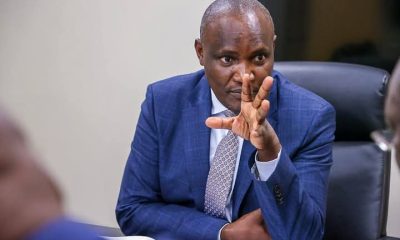Business
Kenya Turns To IMF For New Funding As Staff Jets To Nairobi
The collapse of Kenya’s previous IMF arrangement followed deadly anti-government protests last year triggered by controversial tax increases proposed in the Finance Bill 2024.
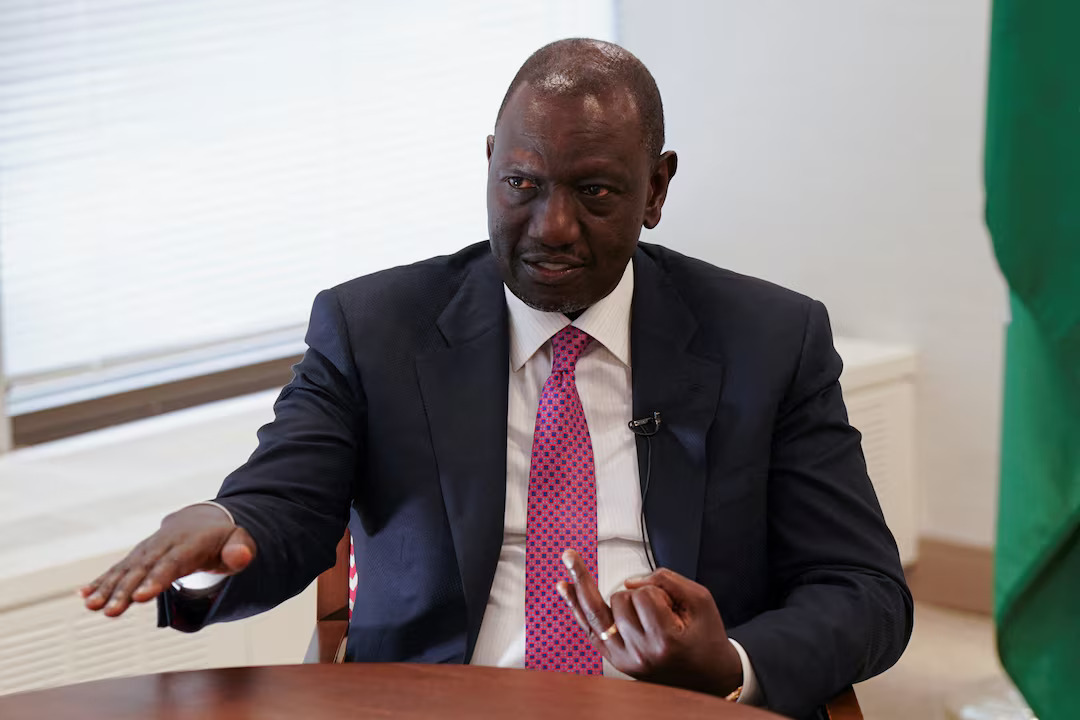
Kenyan authorities have approached the International Monetary Fund for fresh financial assistance, with a high-level mission team arriving in Nairobi this week to begin talks on a potential new programme.
The IMF confirmed that a staff team, led by Haimanot Teferra, mission chief for Kenya, will visit Nairobi from September 25 to October 9 to initiate discussions with Kenyan authorities on a possible IMF-supported program.
The mission comes six months after Kenya’s previous arrangement with the Washington-based lender collapsed amid political turmoil and failed conditionalities.
The discussions mark a critical attempt by President William Ruto’s administration to restore relations with international creditors following the termination of the country’s Extended Credit Facility and Extended Fund Facility programmes in March.
The Kenyan authorities and IMF staff reached an understanding that the ninth review under the current programmes would not proceed, with the IMF receiving a formal request for a new program from the Kenyan authorities.
Treasury Cabinet Secretary John Mbadi and Central Bank Governor Kamau Thugge are expected to lead negotiations during the two-week mission.
The talks will coincide with the fund’s annual Article IV consultations, which review member countries’ economic and financial policies.
The collapse of Kenya’s previous IMF arrangement followed deadly anti-government protests last year triggered by controversial tax increases proposed in the Finance Bill 2024.
The Finance Bill had proposed some of the most aggressive tax increments the country had ever seen, sparking protests that rocked Nairobi and several other counties, resulting in the deaths of at least 16 people and injuries of hundreds of others.
The government was forced to abandon the unpopular legislation after protesters stormed parliament in June 2024, though some tax measures were later implemented through parliamentary amendments in December.
Kenya’s exit from the IMF programme cost the country Sh110 billion in financing from the final tranche of the three-year arrangement.
The previous deal, worth approximately $3.9 billion, was designed to provide medium-term financial assistance as Kenya grappled with balance of payments problems and structural economic weaknesses.
However, the prospects for securing new IMF funding face significant constraints.
Kenya has already accessed nearly all of its quota or share of IMF resources, with a maximum of Sh64.8 billion available based on cumulative access limits through March 2025.
Treasury data reveals that Kenya has not projected any new IMF funding in its financial planning up to at least June 2030, reflecting official caution about the programme’s feasibility.
Mbadi has previously emphasised that the IMF should not be viewed as a primary source of external financing, noting that the fund’s main role is balance of payments support rather than budget financing.
“I want Kenyans to understand that the IMF’s primary responsibility is not to fund the budget of member countries and is instead for balance of payments support,” Mbadi said in an earlier interview.
“Going forward, we are trying to minimise our focus on the IMF, but it doesn’t mean that we are stopping our engagements.”
The mission to Nairobi underscores Kenya’s continued struggles with fiscal pressures and debt sustainability concerns. The East African nation faces mounting external debt obligations and revenue collection challenges that have strained government finances since the COVID-19 pandemic.
Ms Teferra, the IMF mission chief, said: “The IMF remains committed to supporting Kenya in its efforts to maintain macroeconomic stability, safeguard debt sustainability, strengthen governance, and promote inclusive and sustainable growth for the benefit of the Kenyan people.”
The talks represent a delicate balancing act for the Ruto administration, which must demonstrate fiscal discipline to international creditors while managing domestic political pressures from citizens already burdened by high living costs and unemployment.
Kenya’s return to IMF negotiations signals the government’s recognition that international support remains crucial for economic stability, despite the political costs associated with fund-sponsored reforms.
The outcome of the discussions will likely influence Kenya’s broader relationship with multilateral lenders and its ability to access external financing in the coming years.
Kenya Insights allows guest blogging, if you want to be published on Kenya’s most authoritative and accurate blog, have an expose, news TIPS, story angles, human interest stories, drop us an email on [email protected] or via Telegram
-

 Business7 days ago
Business7 days agoKakuzi Investors Face Massive Loss as Land Commission Drops Bombshell Order to Surrender Quarter of Productive Estate
-
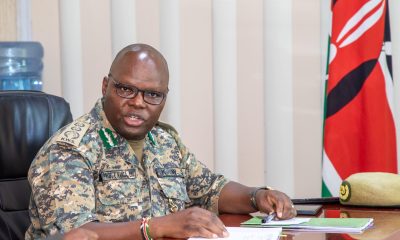
 Investigations1 week ago
Investigations1 week agoINSIDER LEAK REVEALS ROT AT KWS TOP EXECUTIVES
-

 Investigations5 days ago
Investigations5 days agoCNN Reveals Massive Killings, Secret Graves In Tanzania and Coverup By the Govt
-
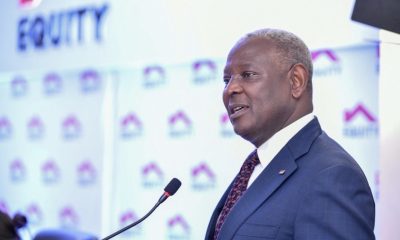
 Business7 days ago
Business7 days agoBANKS BETRAYAL: How Equity Bank Allegedly Helped Thieves Loot Sh10 Million From Family’s Savings in Lightning Fast Court Scam
-
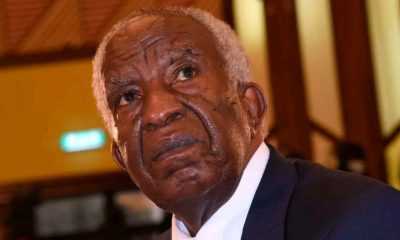
 News1 week ago
News1 week agoEXPOSED: How Tycoon Munga, State Officials, Chinese Firm Stalled A Sh3.9 Trillion Coal Treasure In Kitui
-

 News1 week ago
News1 week agoEx-Boyfriend Withdraws Explosive Petition to Remove DPP After Criminal Case Against Capital FM Boss Resurfaces
-
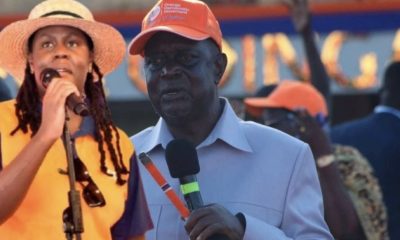
 Politics6 days ago
Politics6 days agoI Had Warned Raila Of Possible Fallout In The Odinga Family After His Death, Oburu Says
-

 Business19 hours ago
Business19 hours agoConstruction Of Stalled Yaya Center Block Resumes After More Than 3 Decades and The Concrete Story Behind It

